‘Meeting the NQS: What to do’ is a regular monthly piece in ECW’s Highlights e-newsletter. It’s purpose is to explore an aspect of the National Quality Standards (NQS) and seek clarification around what this looks like in practice.
This month we have a piece from ACECQA about Documenting Children’s Learning.
What are you doing to meet QA1? What would you like to know more about?
Post a comment in the member’s area to share with and hear from others about Documenting Children’s Learning, or comment at the bottom of this article. If you have been through A&R or you feel your program and documentation is meeting the NQS, other practitioners would like to hear from you.
Guidelines for documenting children’s learning
Documented plans, records of children’s assessments and evaluations can be effective ways to support and extend children’s thinking, learning and development. Documentation is an important process to help educators to plan effectively for, evaluate, and communicate children’s current and future learning and wellbeing. Gathering and analysing information about what children know, can do, and understand is part of the ongoing cycle that includes planning, documenting and evaluating children’s learning.
The approved learning frameworks, the National Quality Standard (NQS) and related regulatory requirements acknowledge the important role of documentation, however are not prescriptive about how much, how often or in what format. A key message here is understanding what is required under the legislation. The Education and Care Services National Regulations (Regulation 74) requires, for a child preschool age or under, assessments of the child’s developmental needs, interests, experiences and participation in the educational program and assessments of the child’s progress against the outcomes of the educational program. For school age children, it requires evaluations of the child’s wellbeing, development and learning.
Education and care services should consider how documentation informs families, colleagues and authorised officers of children’s progress and plans to support further learning.
Recognising the individuality of each service, there is no one approach to documentation. Educators can explore a range of styles and methods to determine what works best for their children, families, and community. This recognises the professionalism of the sector and allows educators to concentrate on documentation that supports quality outcomes for children.
Points to consider
- View documentation as an important part of your work with children and families.
- Capture children’s and families’ voices and ideas in planning, documentation and evaluation.
- Try different methods then set some benchmarks to be reviewed regularly.
- Be selective when deciding what should be documented; it is not possible to capture all that occurs every day.
- Share documentation and continue to learn, grow and develop.
- Be open to change as the dynamics of the children’s group or team change.
- Be clear about what the standards, learning frameworks and, if relevant, the funding agreements are asking you to do. You need to be able to articulate why and how you are assisting children’s thinking, learning and development.
There are many ways to document children’s learning and the cycle of observing, planning, reflecting and evaluating.
Remember that it is not the amount of documentation you have, or how the information is presented, but how the documentation is used. Ask yourself, how does the documentation assist in planning for children’s current and future learning and communicating about children’s learning and progress?
What is the authorised officer looking for when they are assessing and rating?
The authorised officer will observe, discuss and sight supporting documentation to identify examples and evidence that your service is meeting the NQS and legislative requirements. Authorised officers may ask educators to describe the cycle of planning and how they critically reflect on their practices and plans for learning.
The key to success is knowing how you meet the legislative requirements and the NQS. Prepare by thinking about how you would talk about your documentation. You need to articulate why and how you are improving outcomes for the children and families at your service.
For more information on documentation please visit
- ACECQA – www.acecqa.gov.au
- Early Childhood Australia – http://www.earlychildhoodaustralia.org.au/nqsplp/
- Early Childhood Resource Hub for a variety of resources in all NQS Quality Areas – http://www.ecrh.edu.au/


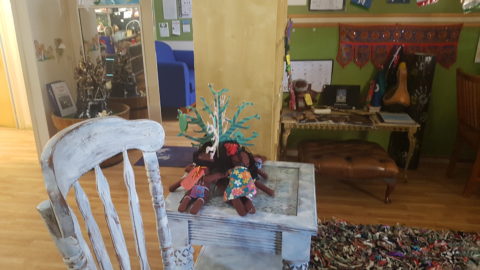
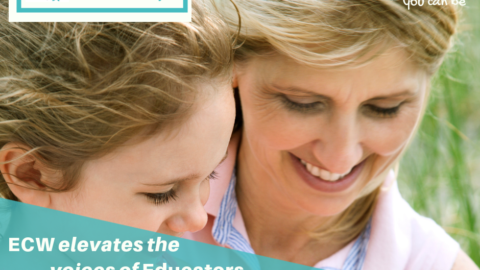
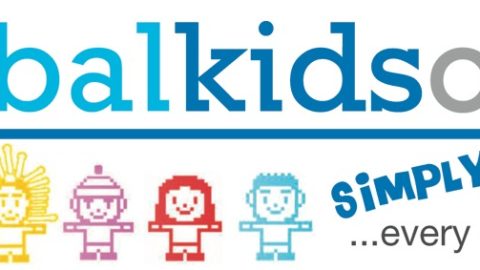

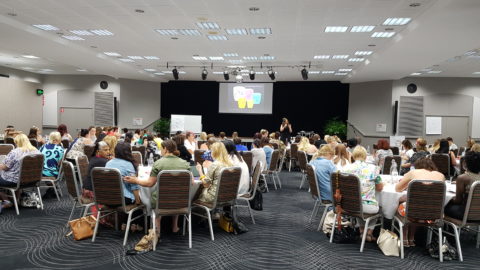
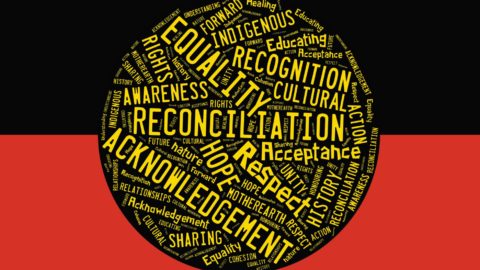

This informations is very helpful. i have problem with documents children’s learning.